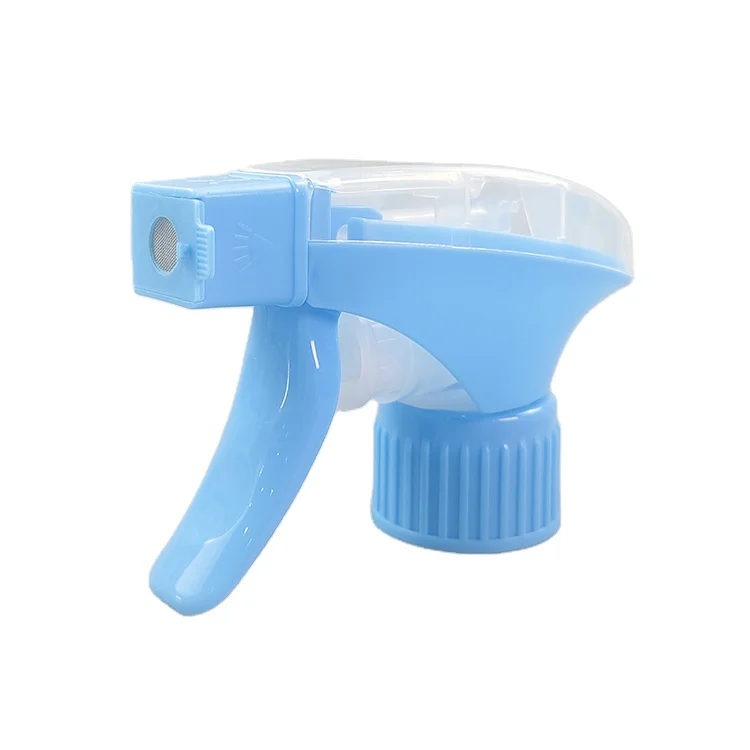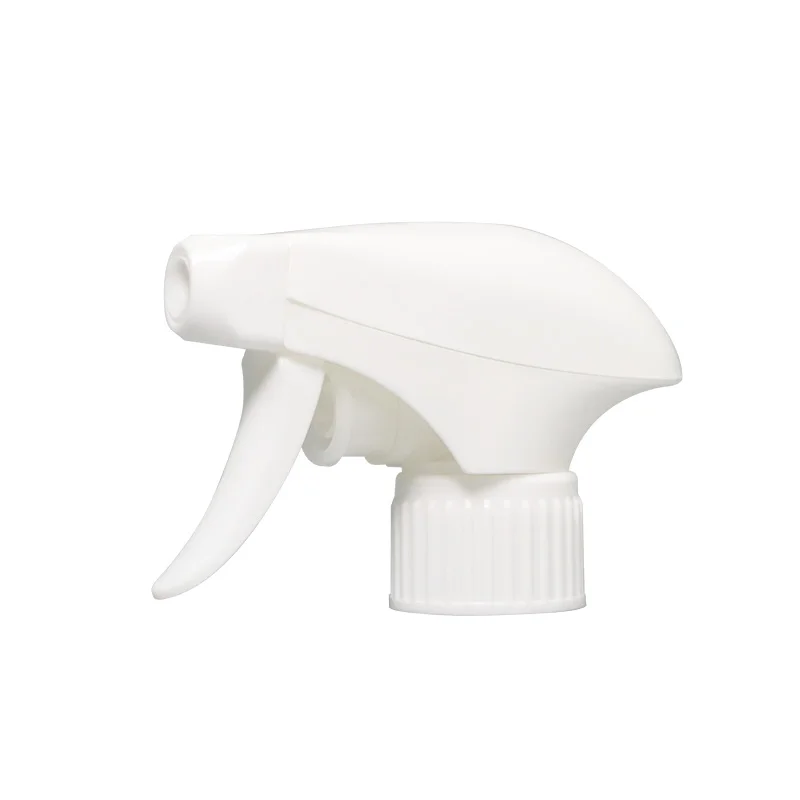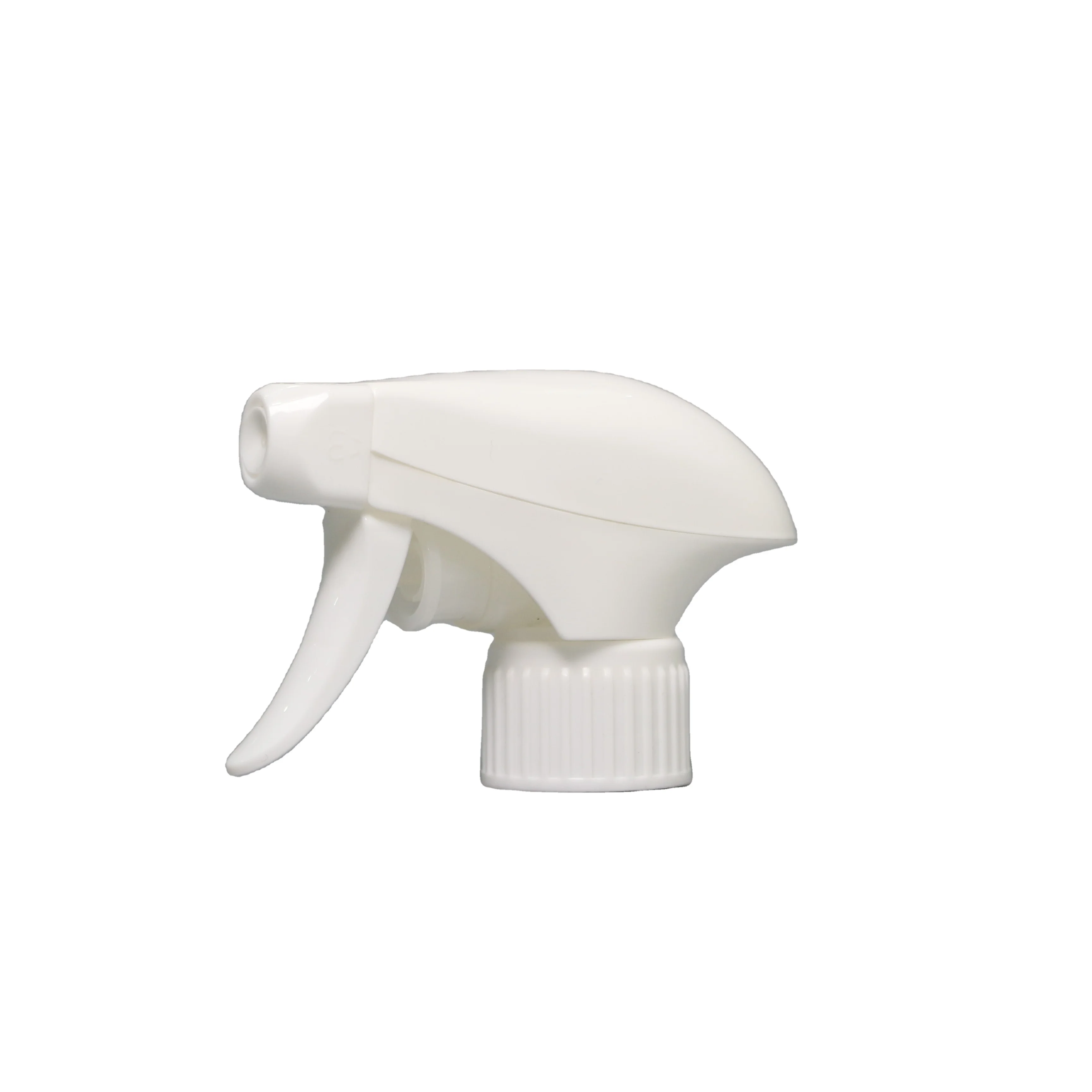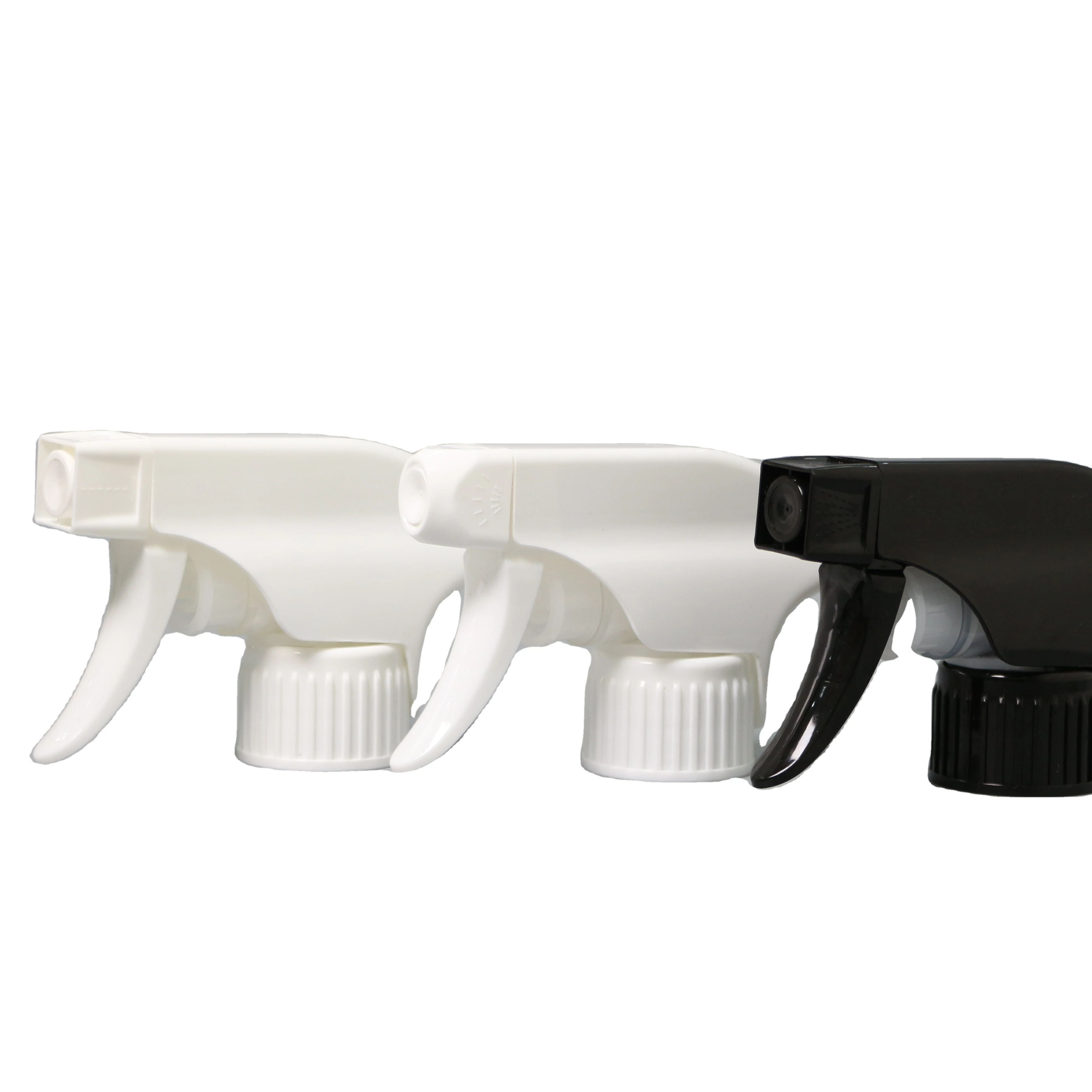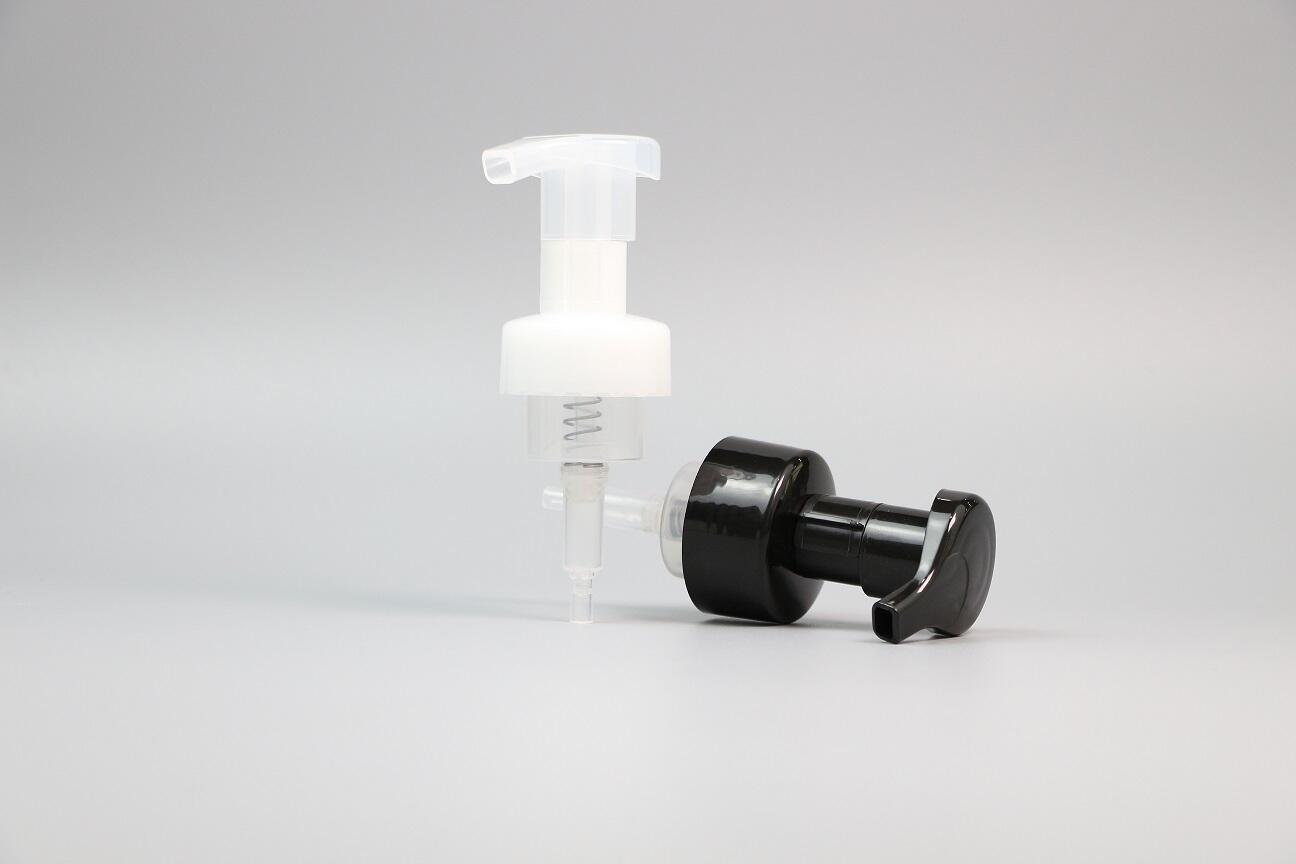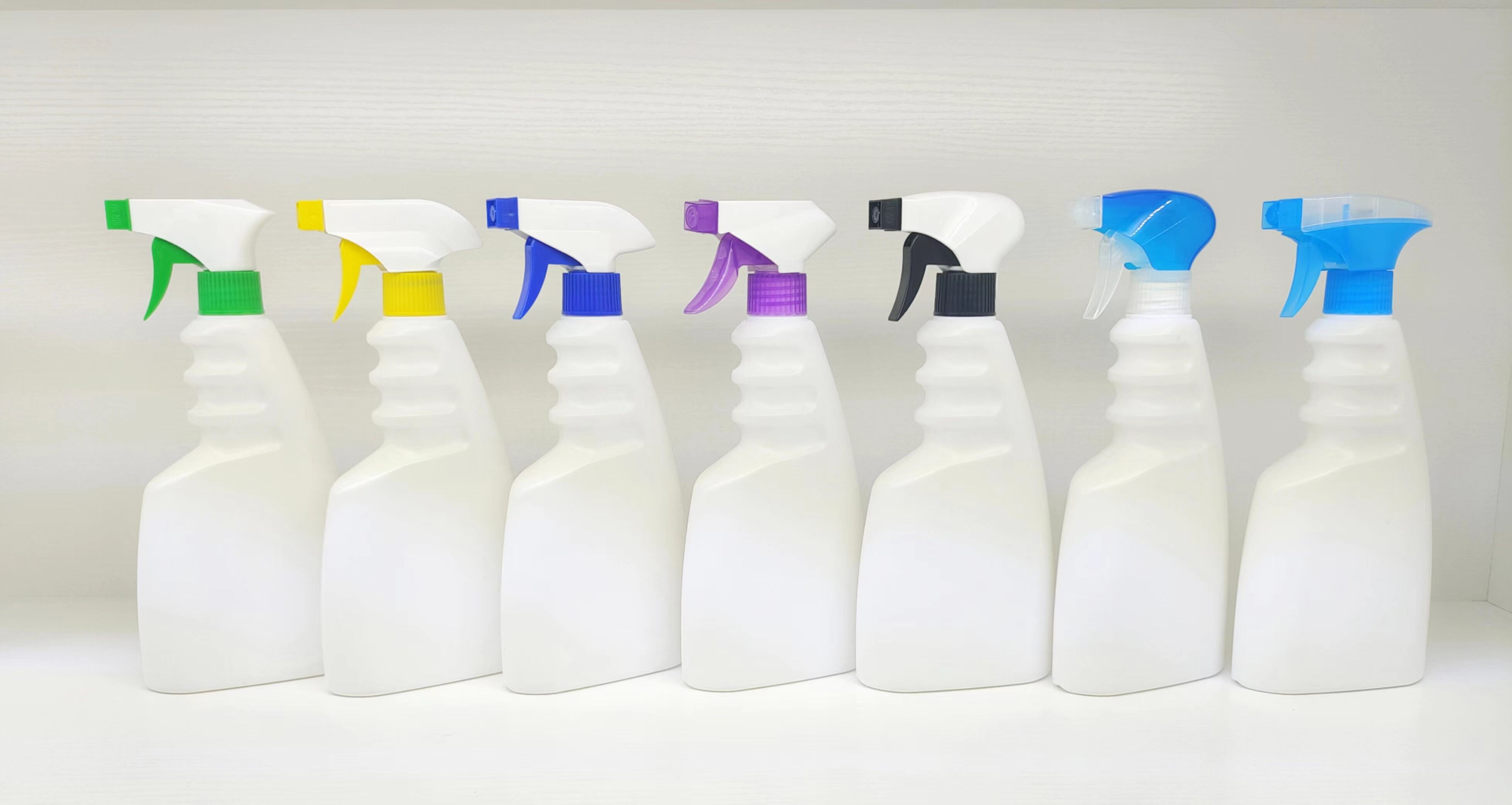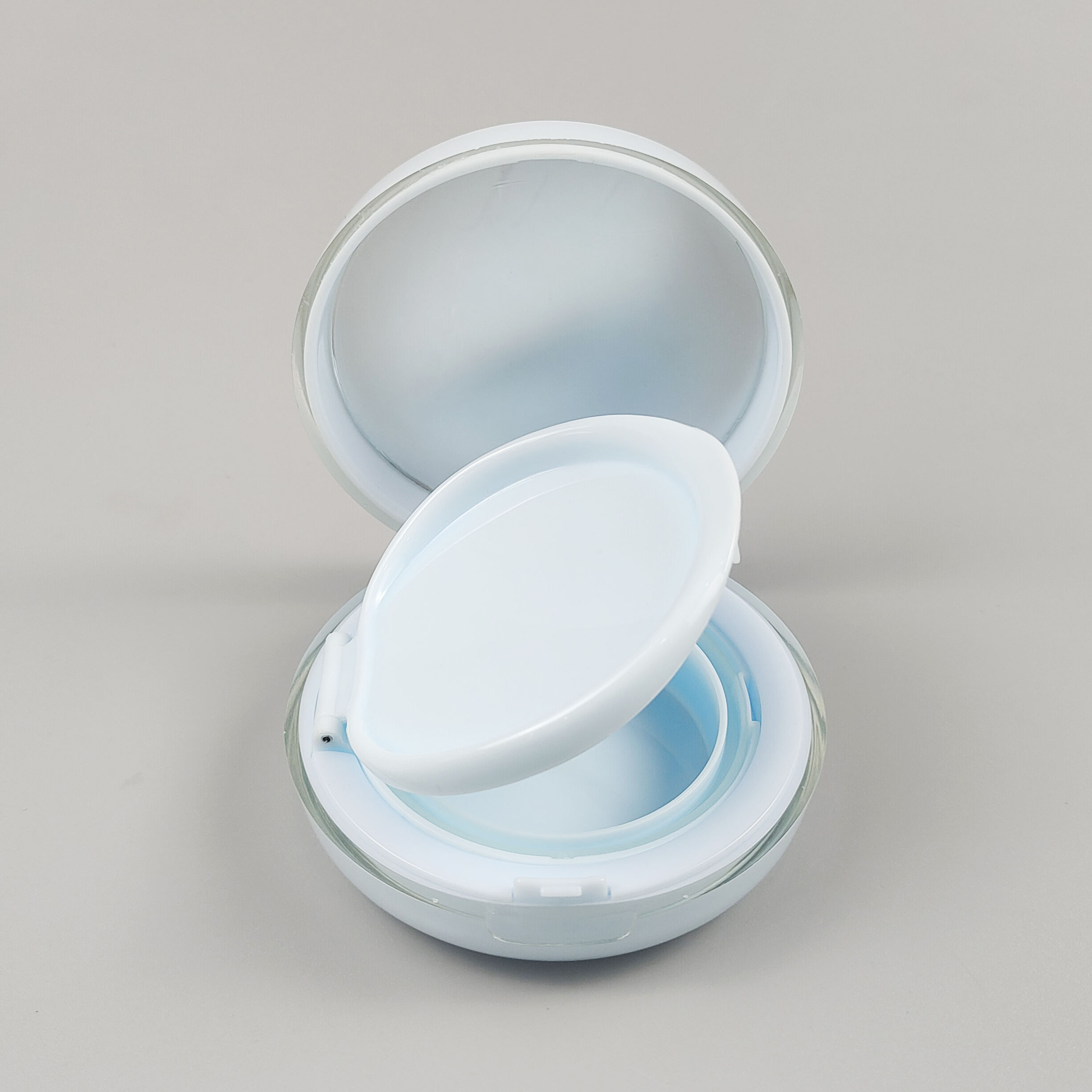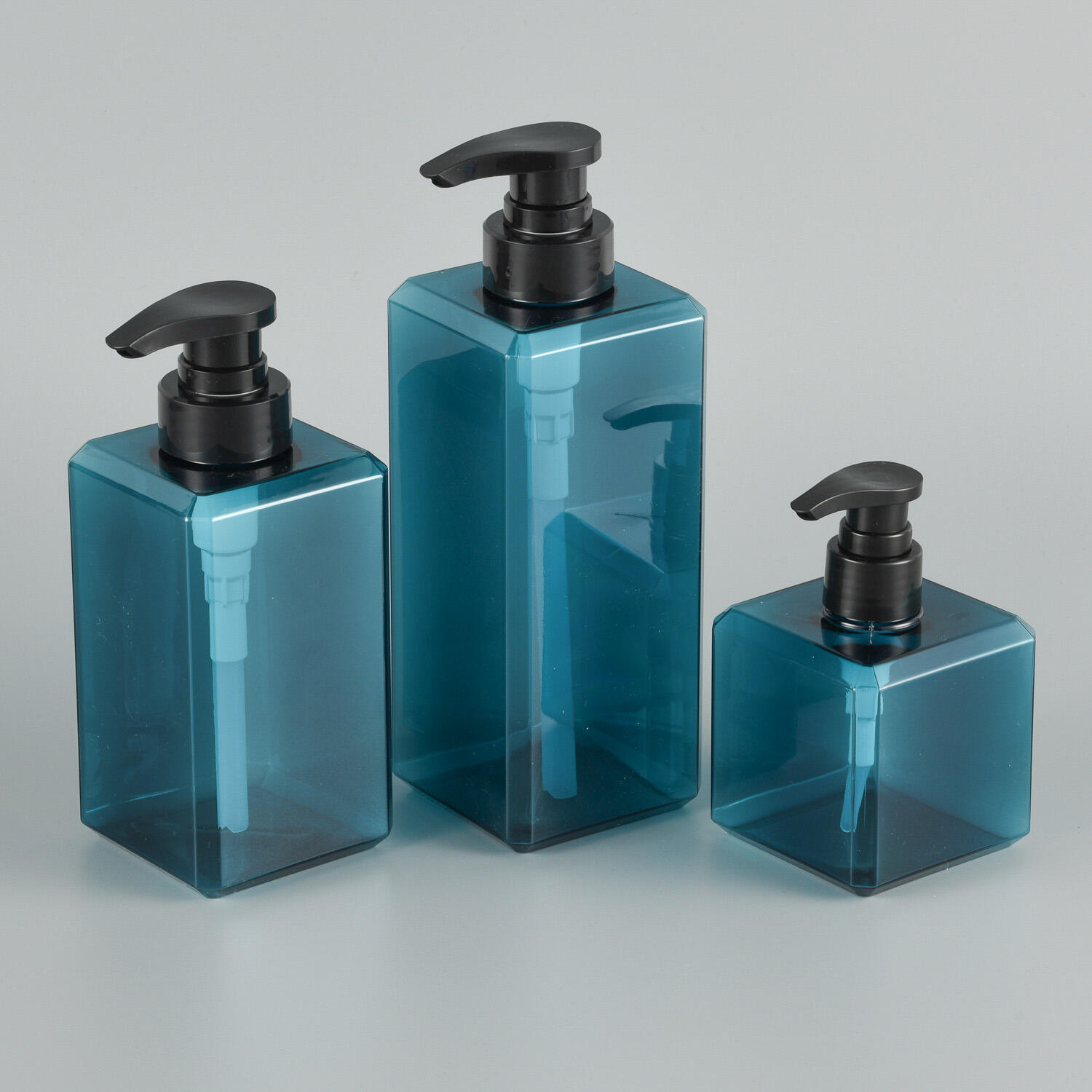types of plastic bottles
Plastic bottles are essential containers manufactured from various polymer materials, each designed for specific applications. The main types include PET (Polyethylene Terephthalate) bottles, commonly used for beverages and food products, HDPE (High-Density Polyethylene) bottles for household chemicals and personal care items, PP (Polypropylene) bottles for hot-fill applications and medical supplies, and LDPE (Low-Density Polyethylene) bottles for squeeze applications. These bottles feature different technological innovations, such as barrier properties to protect contents from oxygen and UV light, custom neck finishes for specific closure systems, and varying wall thicknesses for structural integrity. Modern plastic bottles incorporate advanced manufacturing techniques like stretch blow molding, which ensures uniform material distribution and enhanced strength. The design elements include ergonomic shapes for easy handling, tamper-evident features for security, and recycling codes for proper disposal. These containers serve multiple industries, from food and beverage to pharmaceuticals and cosmetics, offering solutions for various storage and transportation needs while maintaining product integrity and shelf life.




